By Sharon Williams, founder and head of strategy at Taurus >>
IT WAS ALBERT EINSTEIN who said, “The leader is the one who out of the Clutter brings simplicity … out of discord, harmony ... and out of difficulty, opportunity.”
I often wonder where the leader is in a crisis.
After a career in crisis management, I’ve seen so many companies get it wrong. But is it the brands and companies that get it wrong or is it the people?
The thing about crisis communications is that, at the time of crisis, it’s very easy for everyone to blame somebody else – whereas each of us should have the responsibility very clearly allocated and understood. 
The reality is harsh. If a company name is on your resume – in other words, you work for a company brand and that brand then hits a crisis – your resume is then affected forever. So isn’t it everyone’s responsibility?
The other thing about crisis is that it immediately and almost certainly affects the bottom line. It affects revenue, shareholder value and affects everything to do with the amount of money that a company is responsible for making or generating.
It includes an impact on shareholders, paying salaries and indeed paying tax. So it affects the individual, the company and the country.
I encourage you to think of and view Crisis as a critical centre of your business objectives.
You are captain of your own brand
The other thing we have to understand is that within or outside of crisis, whether we like it or not, we are captains of our personal brand. It is nobody else’s responsibility to be able to communicate who we are and who we’re not.
If you are not taking control of that, and if you create a vacuum around who you are, and what you stand for – someone else fills in that space.
The reputation you build through your personal brand takes years to build and seconds to destroy. We see this every day with the likes of politicians and CEOs – and ordinary citizens who make mistakes in the public arena.
I like to think of reputation as a bucket, and you’ve got a reputation within that bucket. What you want to do is fill the bucket with really good positive things about you. You want other people to have a bucket full of positive thought about you, and if the proverbial hits that bucket – and it will at some point – then it’s far less likely to fall over if that bucket is full of good substance about you that people understand.
What happens if that bucket is empty and no one knows who you are? You can expect that bucket to make a really big sound when it’s kicked.
Don’t self promote. Do self-strategize
That doesn’t mean that you have to be self-promotional; it means you just have to be who you are: with a strategy.
Steve Jobs, when he appeared in public, was consistent. He even dressed the same almost every time.
This consistency builds trust. Brands out there are built on trust and shareholder value is built on trust.
So, let's look at why you should build and maintain a personal brand. Maintain a personal brand because you want to be understood fast. Time is of the essence. Who has time to waste?
If you’re invisible and you stay quiet, who knows what to think? If you are not out there and you create a vacuum, you’re not making it clear if – or what – you stand for. Then other people will fill that spot for you, and most importantly, when things go wrong, people are less likely to give you a chance.
Artificial intelligence (AI), already in play for some years, is about to change our lives again as the internet did over 50 years ago. If AI is automating and sliding decision making to be faster and automatic, in a highly competitive environment, building your personal brand is going to leave you ahead of the competition and allow you to stand out within those AI-driven environments.
Be found. Be understood.
It’s the people …
So, if risks and crises are happening every day, how does a company get it so wrong?
Let’s have a look at the experiences from the last year. You can barely open the newspaper without seeing some story of a crisis badly handled. From Woolworths CEO Brad walking out of an interview … KFC running out of chicken … Optus understating an outage …
But, is it companies that get it wrong or is it people?
If people don’t get it right, the brands get blamed because of individual poor decision-making.
So, what goes wrong, and what happens in these situations?
Lack of speed to act. On the whole, people are slow to do damage control.
They don't quite understand that the proverbial has just hit the fan and we need to be running or we need to be acting.
Not owning up. Another mistake with a vast impact. Denial doesn’t go down well.
Deception. Hoping to get away with deception, which of course is never a good idea. Not being honest won’t work in your favour.
So, then, how do you prepare against crisis?
Scenario plan. You can brainstorm this over a sandwich and whiteboard it, then develop a scenario plan for each potential crisis. This is essentially a 10-point plan and they’re not particularly complex. However, it allows you to workshop potential crises, so when something happens that you’re not expecting, at least your scenario plan has ensured you’re ready to deal with it and rehearsed. The police, fire brigade and Army do this all the time. The Army is particularly brilliant at it.
Train the team and assign responsibility. Once you’ve developed your scenario plan, train team members. Assign ultimate responsibility to the actual person where the buck stops.
Test, test, test. Ensure each scenario is tested and rehearsed. Then, audit, monitor and engage, because things are always changing in the world. Your scenario plan will evolve and expand as the environment changes, and new threats and opportunities arise.
Learn from the past. It’s a good idea to look at other people in your industry and crises impacting them, and then look at instances outside your industry. These case studies are always good to learn from.
Have your responses to each crisis ready at hand. CEOs, heads of divisions and chairmen should have their laminated crisis plan easily accessible on their desk or bedside table or ready on their phone.
The great thing is that constant change is here to stay, and we’re always changing well after the crisis is over.
Measure, test, rehearse, audit, monitor and engage so – when the crisis is finished – your crisis work actually starts again, because you go back and you analyse and you review.
Returning to an earlier example – KFC. They ran out of chicken and they took out a full-page ad in mainline papers owning up to it.
The first thing they did was act quickly and apologise. A great example to remember when crisis planning.
About the author 
Sharon Williams builds people, brands and businesses.
She was born and raised in London, then spent time living in Hong Kong before moving to Sydney, where she founded Taurus, a multi award-winning agency, in 1995. The Taurus Bullseye™ methodology she created has stood the test of time and more than 2,000 brands have benefitted from the strategic Taurus Bullseye approach.
Starting Taurus in 1995, Sharon knows something about tenacity and reinvention. She calls it her No Bull proven approach to position, grow, adapt, remain relevant and rebuild.
Sharon is one of the world’s leading personal branding experts and created Taurus Profile™ over 18 years ago to show how a personal brand has a direct impact on revenue and business objectives.
www.taurusmarketing.com.au
LinkedIn: https://www.linkedin.com/in/sharonwilliamstaurus/
ends
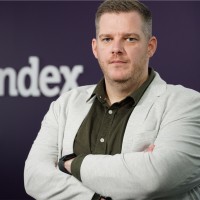

 How to resolve AdBlock issue?
How to resolve AdBlock issue? 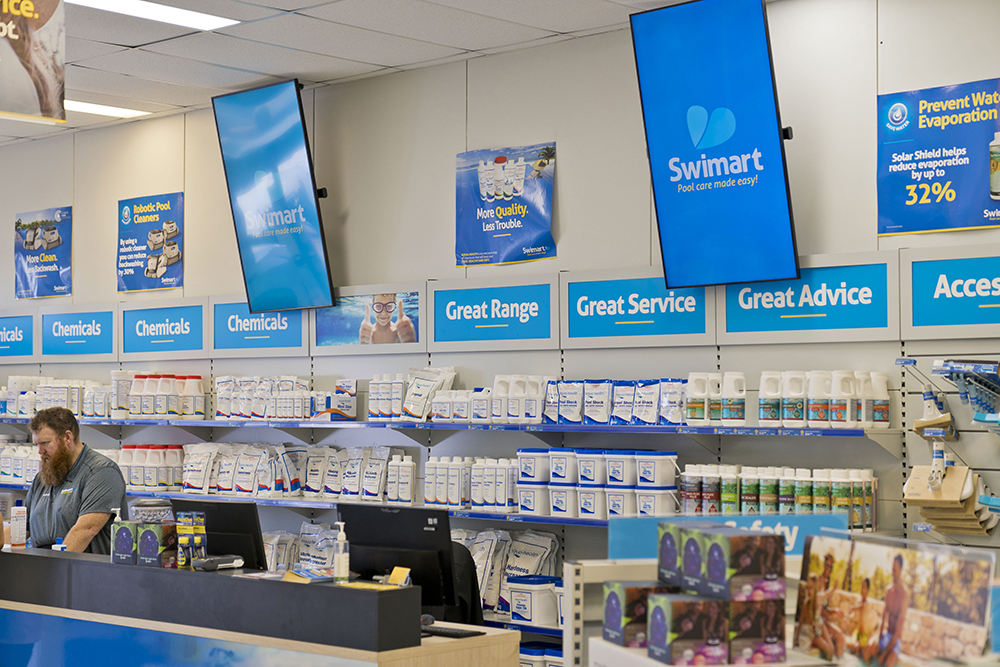
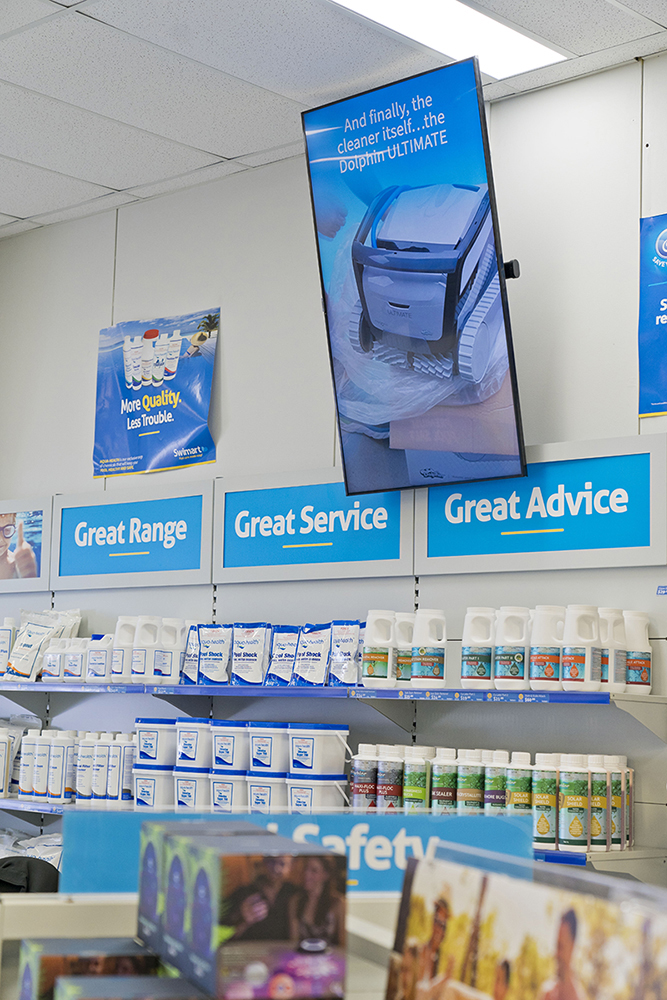 Attract more eyeballs
Attract more eyeballs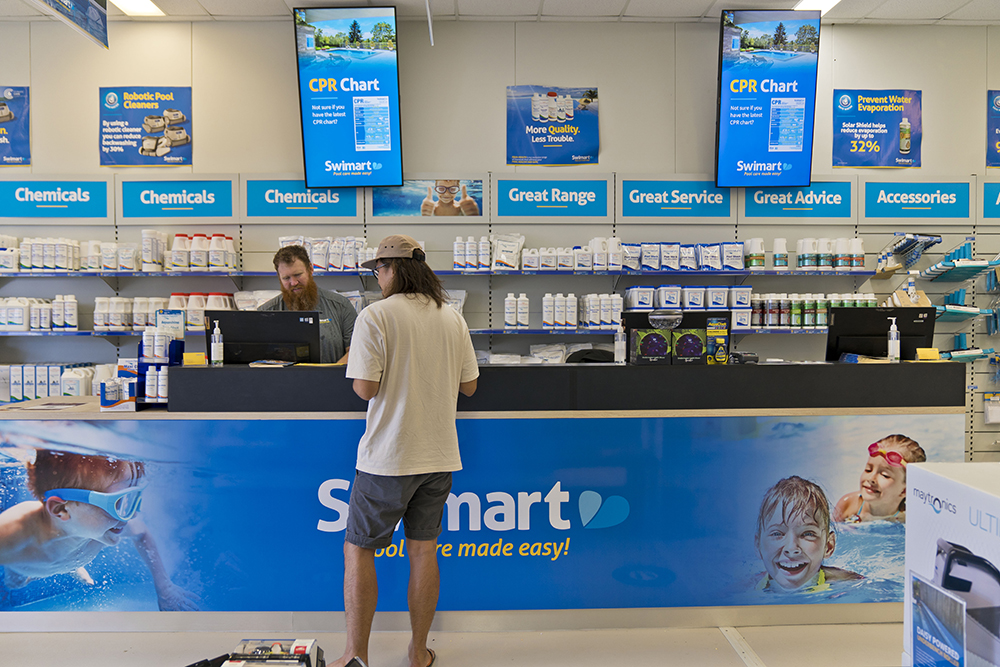
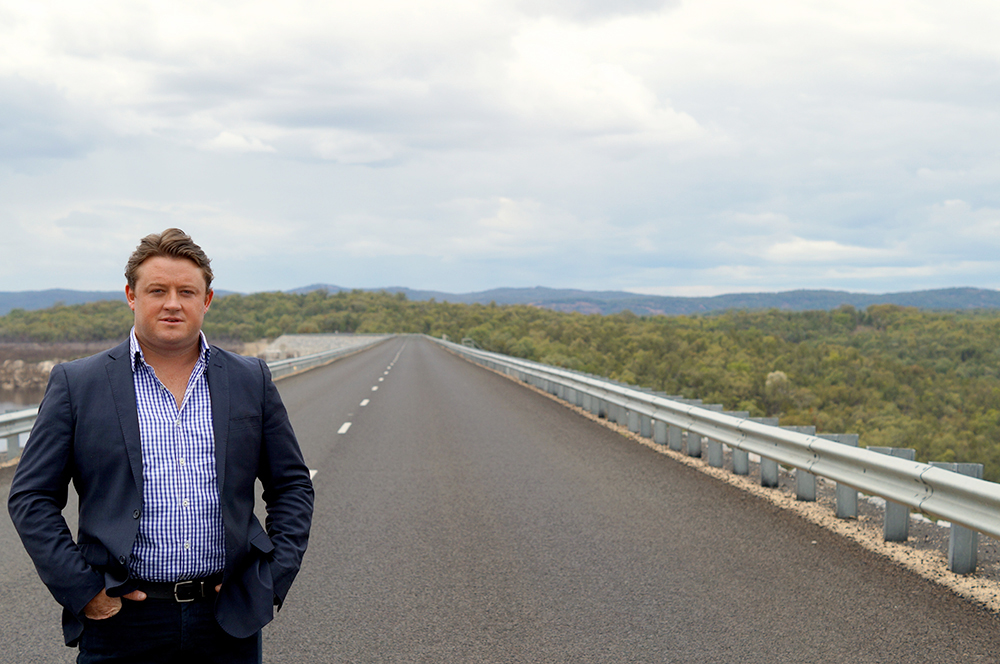
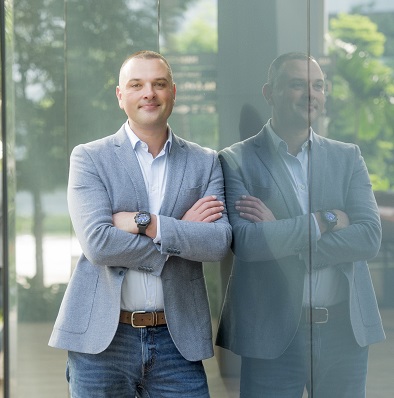


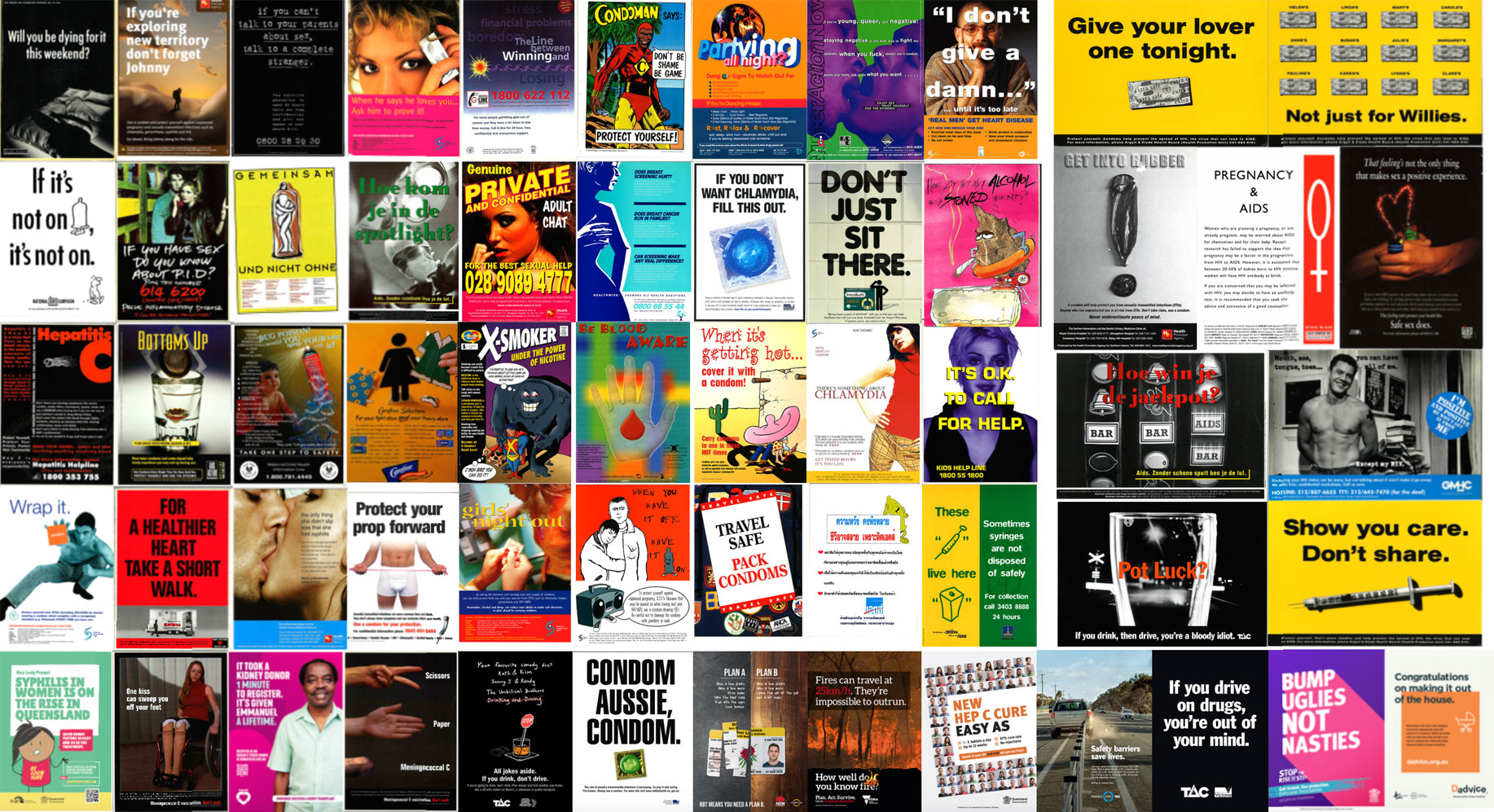
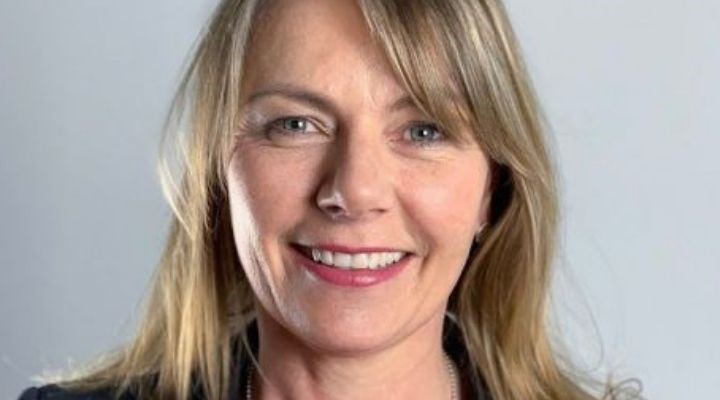 Sonia Shwabsky, the CEO of Kwik Kopy, said the industry had gone through a lot of digital disruption over the last 10 years.
Sonia Shwabsky, the CEO of Kwik Kopy, said the industry had gone through a lot of digital disruption over the last 10 years.
